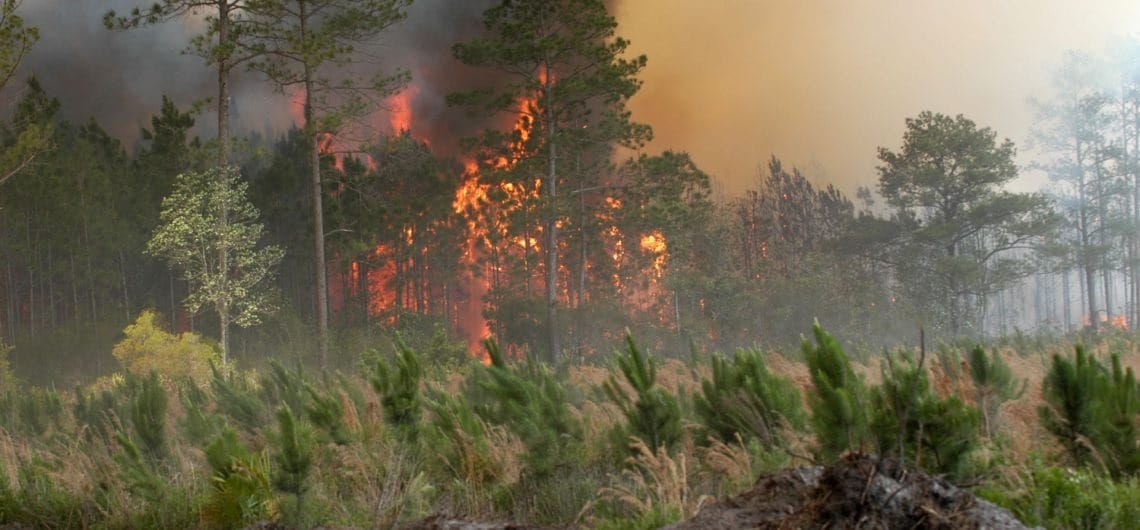SINGAPORE: Legal experts in Singapore say Indonesia’s ratification of the haze pact is a step forward for both Indonesia and ASEAN, but it is the implementation on the ground that will determine if the agreement has teeth.
Indonesia’s Parliament on Tuesday (16 Sep) voted to ratify the ASEAN Agreement on Transboundary Haze Pollution. The agreement requires Indonesia to work closely with fellow ASEAN members to prevent forest fires. The move comes after a 12-year wait as Indonesia is the last of the 10 ASEAN countries to ratify the agreement.
Legal experts in Singapore whom Channel NewsAsia spoke to said it is a significant move, but challenges remain.
Associate Professor Simon Tay, chairman of the Singapore Institute of International Affairs, commented: “Law, just on paper, is meaningless. It really has to be enforced on the ground. What we have to see now is whether officials are implementing and enforcing their own laws. (This is) especially because the ASEAN Agreement, at the regional level, has no particular penalties.”
Added Mr Paul Tan, partner at Rajah & Tann Singapore: “The agreement does not spell out in great detail the specific obligations of each member state. It just provides a framework and the infrastructure with which to cooperate with one other. So this will be left to the initiative of member states to work out over time what they want to do and how they want to approach the problem.”
Mr Tan, who specialises in international law and arbitration, also noted that the agreement does not spell out penalties for non-adherence. “The dispute resolution mechanism that is contemplated is that of amicable resolution. So for example, if there is an issue between one member and another over the implementation of the agreement, they have to go through negotiation and consultations,” he said.
Under the agreement, Indonesia will also have to be more transparent in sharing information, and that will include providing satellite images that could point to which areas are burning and who owns them.
This article was orginally published on 17 Sep 2014 on Channel NewsAsia.




